Video Games developed into films, and now television shows should be a homerun for studios because they are rich with source material to work with, but as we all know for a long time, that hasn’t been the case for many years. Thanks to shows like Halo The Series and other successful movies based on video games, that trend seems to be coming to an end.
Halo The Series is just one day away from premiering on Paramount+, but the show is already polarizing, dividing franchise fans. The show, which is nine years in the making, follows Pablo Schreiber’s Master Chief and the Silver Team on a new timeline, moving away from the messy one we have experienced in the insanely-popular Halo video games. The idea the game is not sticking with the storyline, Schreiber’s version of the John 117 taken off his helmet, and Jen Taylor’s life-like version of Cortana not being blue have caused a bit of stir.
We already spoke with both Schreiber and Taylor about those issues, and they pretty much we’re not concerned and brilliantly explained why the changes were necessary for the show. Hip-Hop Wired also had the opportunity to chop it up with Halo The Series’ showrunner Steven Kane and Executive Producer Kiki Wolfkill. In our discussion, we spoke about video game movies and television shows being better than they used to be, and of course, the Master Chief taking off his helmet “drama.”
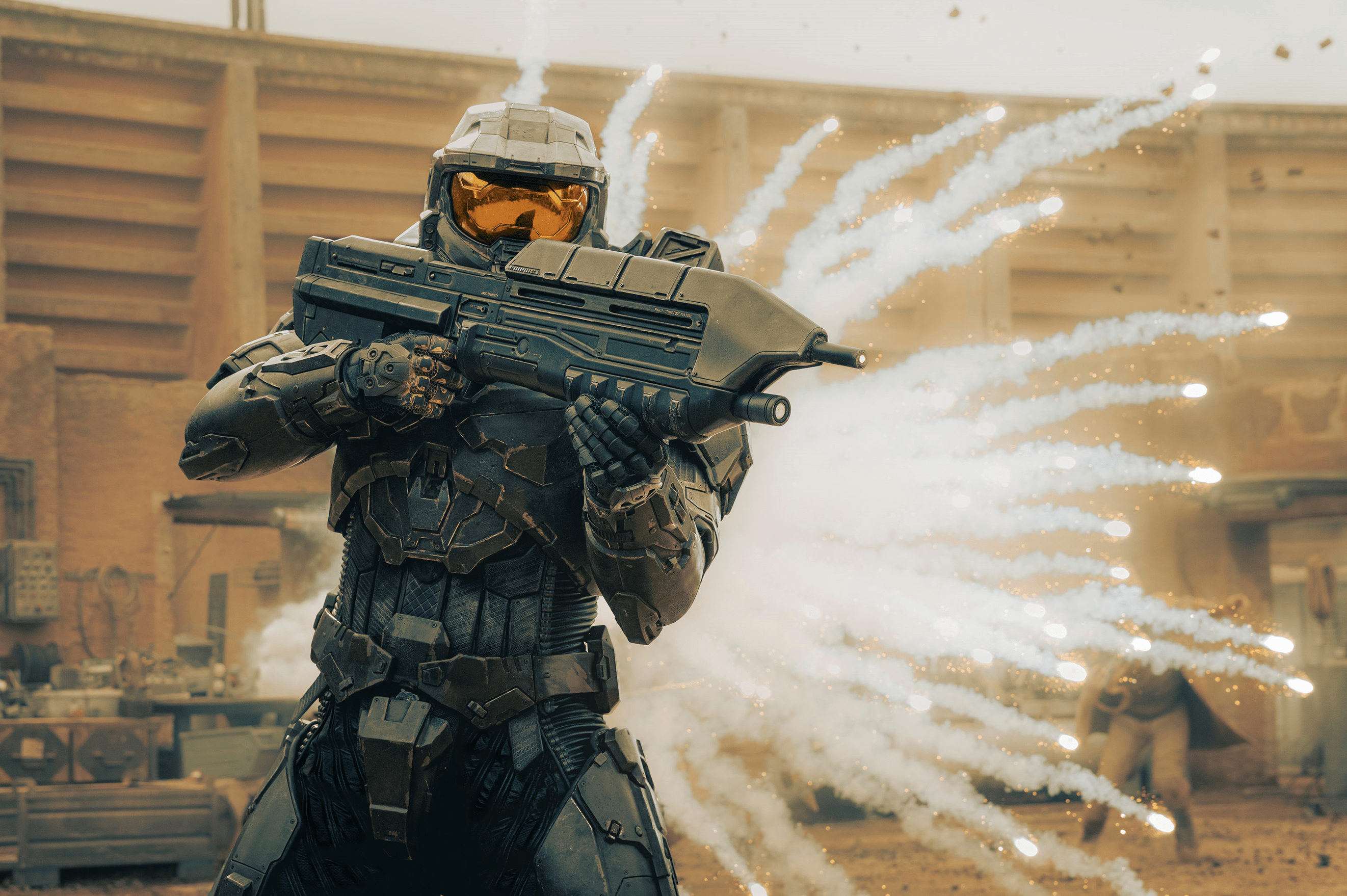
Source: Paramount+ / Halo
Step into the interview below:
Hip-Hop Wired: There is a renaissance when it comes to video games being turned into films or television shows. It’s been a long-running gag that they’ve been bad primarily. But now, they have seemed to become much better. What do you both think is the reason behind that?
Kiki Wolfkill: I think it’s a hard formula, right? And in fact, there isn’t a formula, and that’s part of the challenge. I have been in games and have always believed that game IPs and these worlds are so worthy of exploration in other mediums. And I think now that we’re seeing more of these come out, we’re all exploring the space. We’re all trying to figure out the right approach to this. And early on, it was you only thought about feature films. And now, thankfully, we’re able to do these longer format storytelling. And so I think really, it’s been the exploration process.
And this is an experiment for us that we approach it in the way that we believed would really let the story be as good as it can be, and knowing that our goal was to focus on character development and exploring characters from the game in a way that feels different, right? One of the goals was we want this to feel like a differentiated experience and be delightful because we’re bringing people into the Halo world, and it feels real and realized. And the scope and the scale is there. And these characters they love, but we get to explore them differently. Right? And so that’s why moving into this Silver Timeline and being of canon, but being able to make some different creative choices is the path we decided to take. And we’ll actually continue to learn from it as we go along as well.
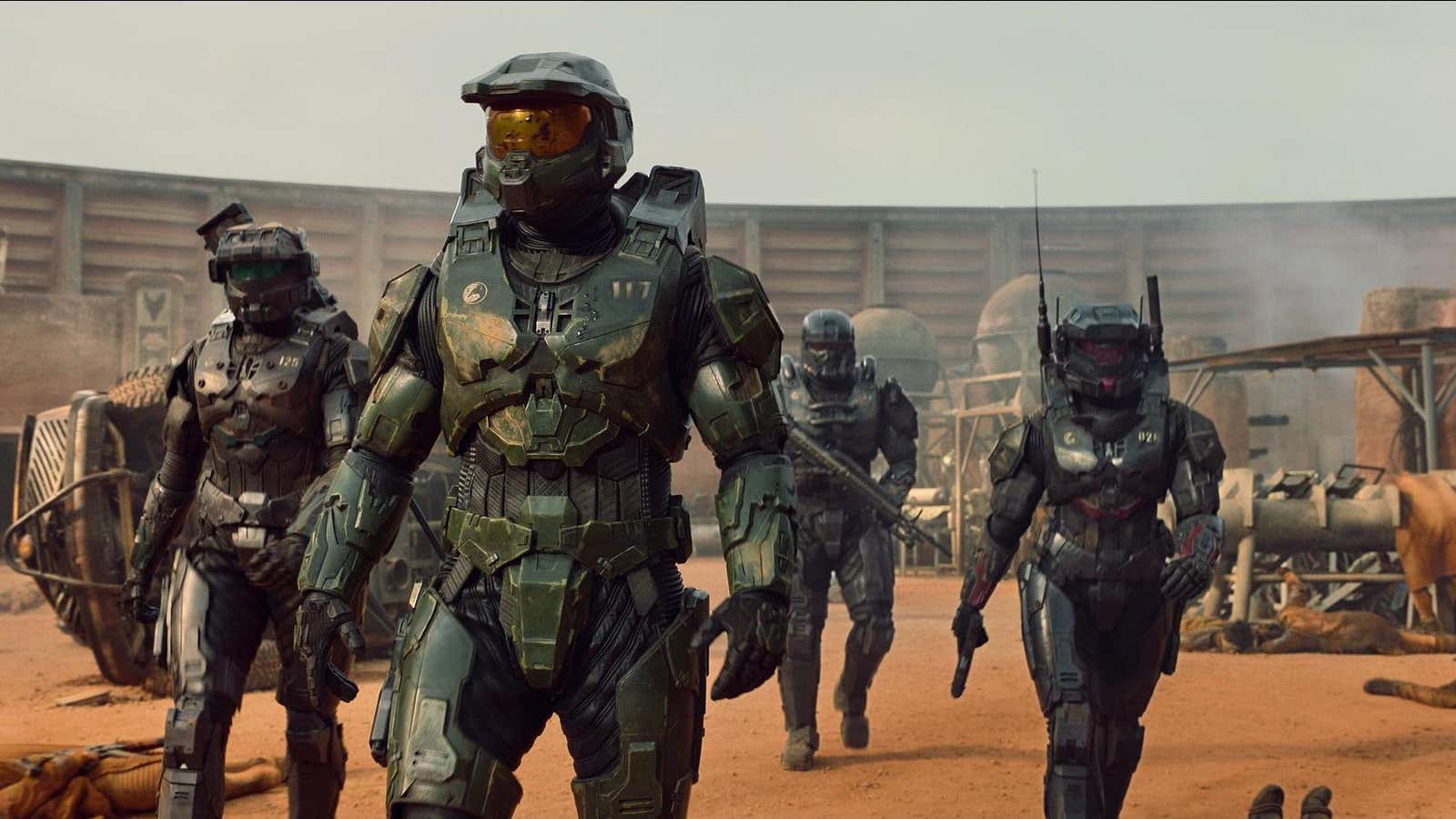
Source: Paramount / Halo
I have been in games and have always believed that game IPs and these worlds are so worthy of exploration in other mediums. And I think now that we’re seeing more of these come out, we’re all exploring the space. We’re all trying to figure out the right approach to this. And early on, it was you only thought about feature films. And now, thankfully, we’re able to do these longer format storytelling. And so I think really, it’s been the exploration process.
HHW: Steven, the decision to take off Master Chief’s helmet was a very pivotal decision. Can you explain to those upset about that? Because the whole idea about Master Chief was always that anyone could be Master Chief. Can you explain to them why this was more important for this show to take off his helmet?
Steven Kane: Well, I mean, I think Kiki could speak to a lot of what the thinking was before I came on board. But as Kiki likes to say, there is not really just one Master Chief. There are millions of Master Chief stories. Everyone who plays the game is Master Chief. So we thought, again, to make this into a different medium, to tell a fictionalized story over many seasons and many episodes. We didn’t come with a dictate to not take it off or take it off just see where the story took us. And when you’re talking about following Master Chief as a character, as a human being, it felt like the organic choice to make.
Now that came with a lot of baggage because of the importance to the fans, and I can let Kiki speak to that. But I would say that we didn’t take it lightly. And even the moment when it happens is done with purpose, and it’s always story-driven. And I think just to go back to your question about video games versus other mediums. I think the key is to be successful in television and features, you have to tell a story of the great characters. And if you focus on that and bring the game along, then you’ll be successful. So in that decision making came about here, it was we can’t be everyone choosing their own adventure when you’re telling a TV series. This is the Master Chief story that we’re telling.
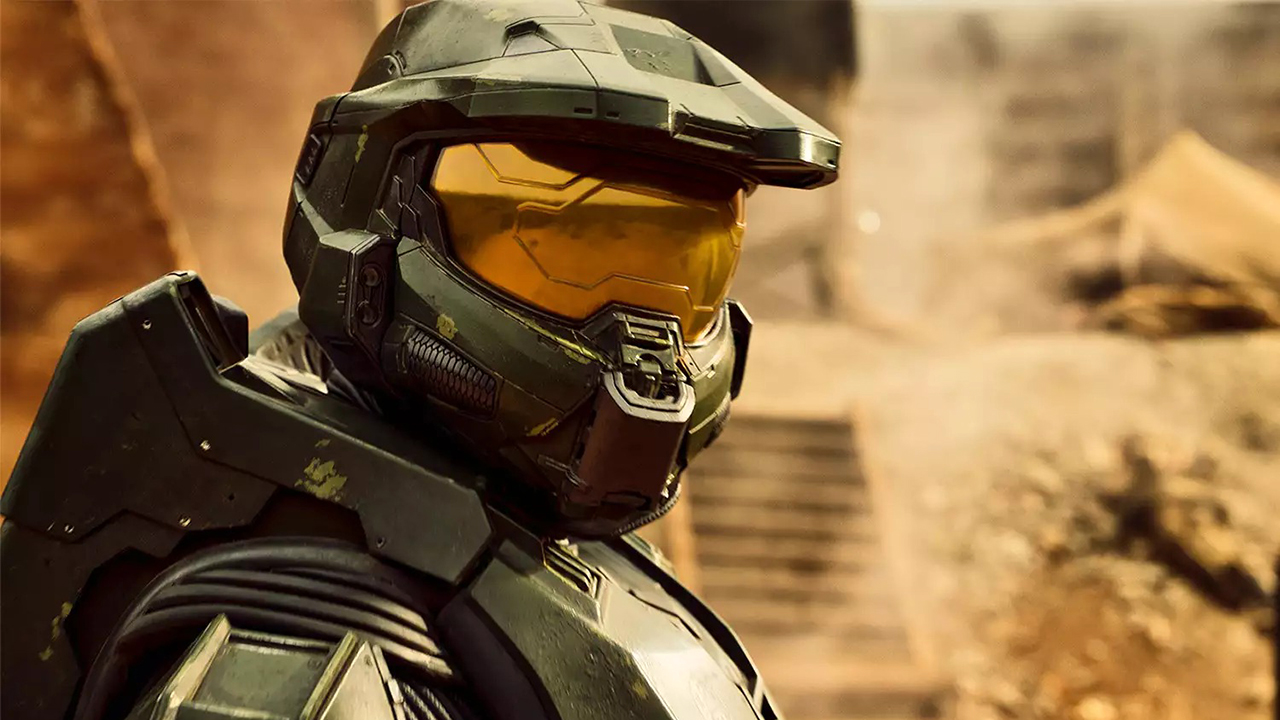
Source: Paramount+ / Halo
Halo The Series premieres on Paramount+ March 24.
—
Photo: Paramount+ / Halo / Getty Images
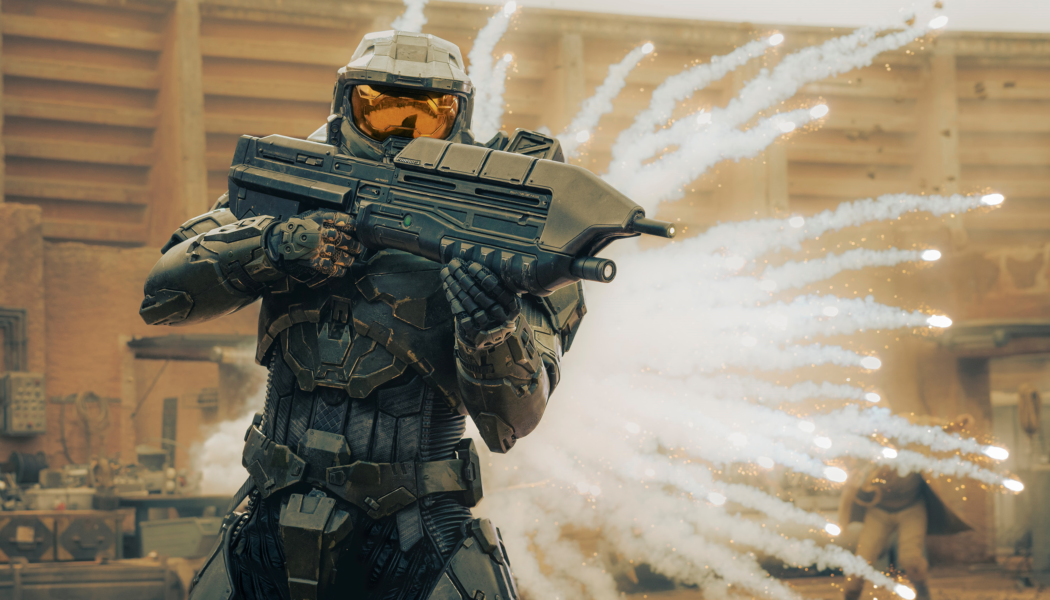
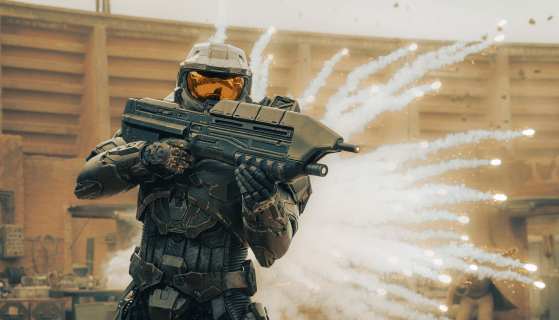
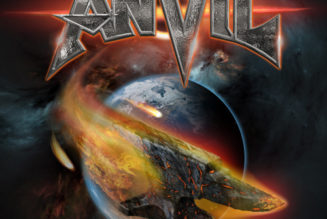








Tagged: entertainment blog, gaming, Halo, Halo TV, HHW Gaming, music blog, Newsletter, PHOTO OPS, Tech, video games